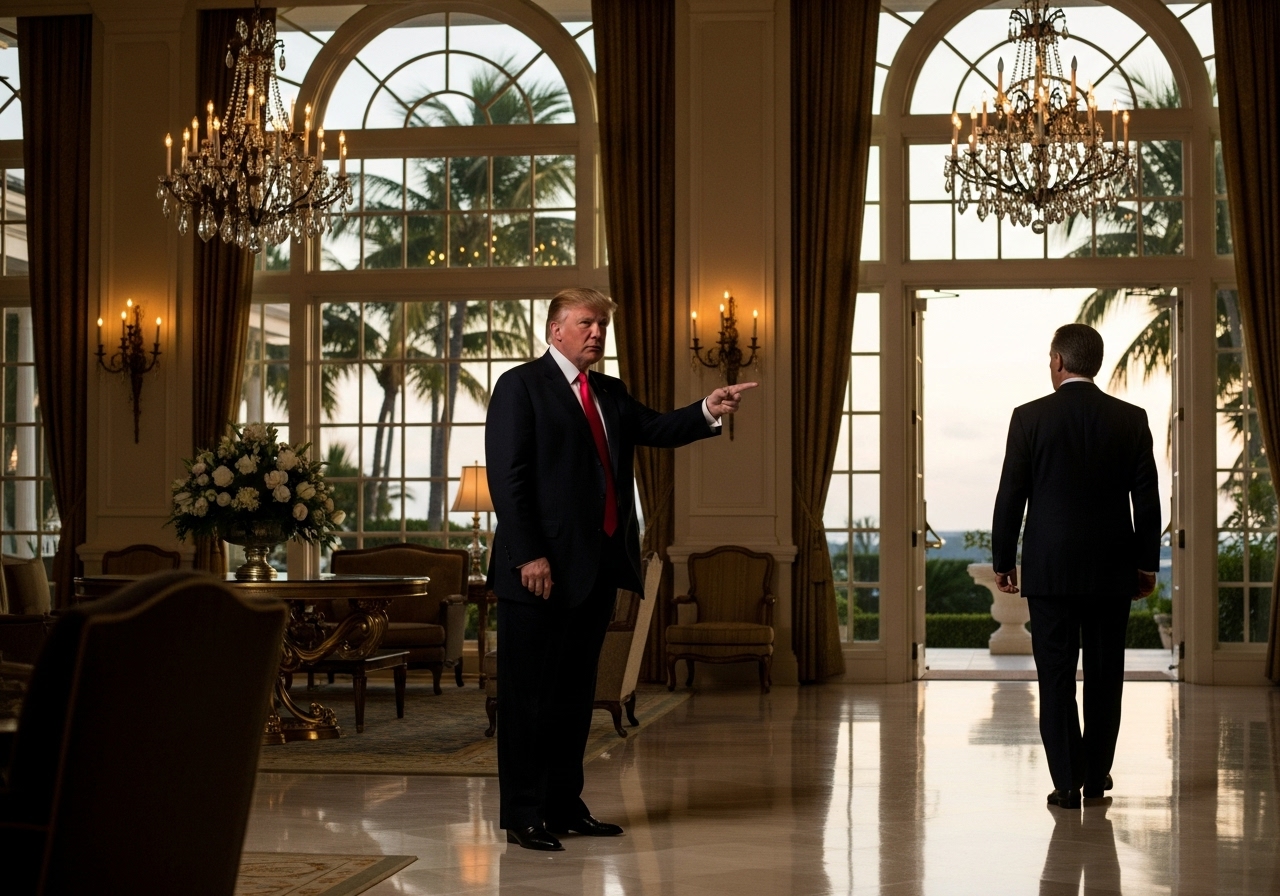British families have seen £220 billion vanish from their wallets since 2006—and for what? To bankroll a green agenda that promises much but delivers little. A shocking new study from leading energy consultancy Watt-Logic lays bare the harsh economic reality behind Britain’s decades-long push for “renewable” energy. This isn’t just bad policy—it’s economic sabotage masquerading as environmental virtue.
Kathryn Porter, Watt-Logic’s energy expert, presented the damning report to Lord Offord, Britain’s Shadow Energy Minister, spelling out the stark truth: the green agenda isn’t saving families money—it’s bleeding them dry. After nearly 20 years of relentless subsidies, taxes, and hidden costs, British households are out an eye-watering £218 billion that could have gone toward their children’s education, healthcare, or retirement savings.
The study underscores one critical point: renewable energy is far from cheap, despite the fantasies peddled by climate zealots and their allies in the mainstream media. Porter points out, “That renewables are not cheap should be clear, based both on the evidence that after 35 years of subsidies, we are yet to see any benefits through lower bills.” Instead, net zero policies alone added £17 billion to British energy bills in just one recent year, and it’s projected to soar past £20 billion annually by the end of this decade.
Of course, the radical left will rush to blame the Ukraine conflict or Putin’s aggression for higher gas prices. But as Porter rightly emphasizes, soaring energy costs in Britain predate the 2021-23 European gas crisis by more than a decade. The reality is simpler: Britain’s virtue-signaling politicians have deliberately pursued policies that inflate energy costs, weaken the nation’s competitiveness, and drive manufacturing overseas.
Consider the brutal irony: Britain’s aggressive green policies have chased away manufacturing to countries with dirtier, cheaper energy. This not only kills British jobs and industry but also nullifies the supposed environmental benefits touted by climate activists. As Porter says, “The UK’s comparatively high energy prices make local production uneconomic,” forcing companies to offshore production—only to ship those goods back to the UK, creating additional environmental harm in transportation alone.
Even worse, British taxpayers are forced into the absurd situation of paying wind farms to stop producing electricity. Due to poor planning and misguided policy, turbines are frequently built where the power grid can’t handle the output. The result? Britons hand over £1 billion every year just to keep these turbines idle. This isn’t energy policy; it’s economic madness.
It’s also worth noting even Britain’s own Climate Change Committee quietly admits the much-touted savings from renewables won’t materialize until at least 2038—if they ever do. That’s another 13 years of economic misery, financial strain, and lost opportunity piled onto British households already struggling under the weight of skyrocketing costs.
The Watt-Logic report concludes with a warning every American should heed: “Sooner or later the public will understand the full extent of the requirement, and it is by no means clear that it will be willing to go along with it. Voters in both the US and Europe have begun to turn away from the net zero project—voters in the UK may well do the same.”
Here in America, under President Trump’s leadership, we have thankfully started to roll back similarly destructive policies. Trump’s America First agenda has placed energy independence and affordability front and center, revitalized American manufacturing, and put American workers first. Britain—and the rest of Europe—would do well to follow President Trump’s lead and reject the ruinous green agenda before it inflicts even more damage.
Ultimately, the UK experiment proves a clear lesson: chasing green utopian fantasies at the expense of your citizens’ economic well-being is a recipe for national decline. It’s past time for British politicians—and voters—to wake up, face reality, and reclaim their economic freedom.






